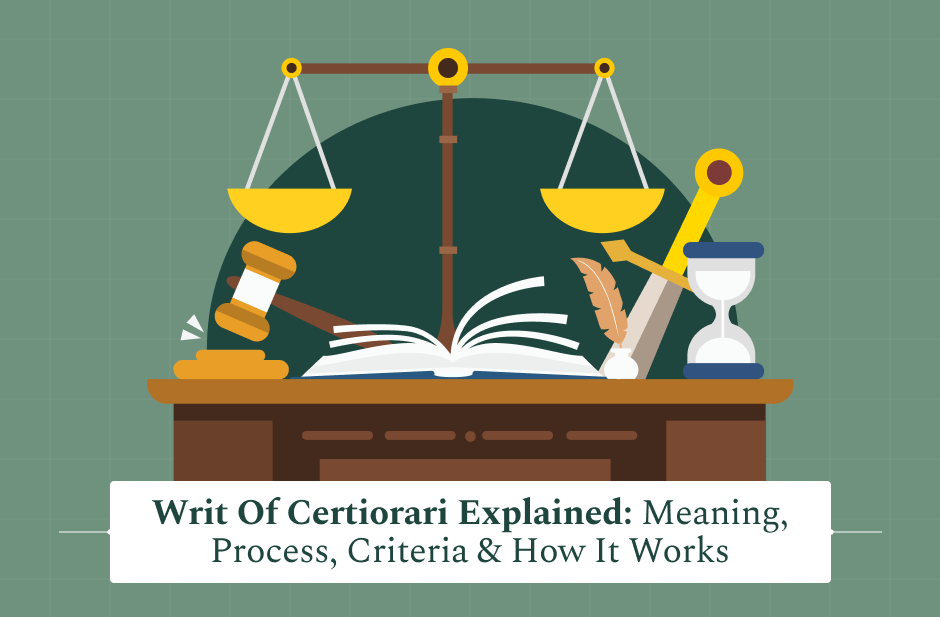Properties and wills have long been the reason behind family disputes for the longest time. If you are trying to know about will in New South Wales, you need to read this blog.
We all know what a will is. But still, for starters, wills are the legal documents that let you specify how you want your assets and estate to be divided after your death. When it comes to wills, they are the perfect way of minimizing your potential family disputes.
But how are wills in New South Wales determined? And what happens if you don’t have one?
If these are some of the things that you want to know, then you have reached the right place. So, please keep on reading this til the end and thank me later!
The Importance of Having a Valid Will
Estate planning is one of the most crucial aspects of an individual’s life that does not get the importance and attention it deserves. Many of us assume that we do not need a will. Additionally, we delay drafting one.
But in the absence of a legally binding will, disagreements among family members may occur and your assets might not be allocated as you intended
In New South Wales (NSW), the law provides clear guidelines for preparing, executing, and interpreting wills. This is in place to guarantee that the deceased person’s inheritance and estate is managed according to their intentions.
Therefore, it is extremely important to understand these legal standards in order to safeguard your loved ones and guarantee that your assets are distributed fairly.
Key Requirements for Wills in New South Wales
Now, we all know that a will is a legal document. It is there to describe how the assets of a person or even their estate will be distributed after death.
But here is something that you need to know. A will must fulfill the conditions outlined in the Succession Act 2006 (NSW) to be enforceable in New South Wales.
These requirements include:
- The will must be in writing: Handwritten, typed or printed.
- The testator (person making the will) must sign it: This must be done voluntarily and with a clear intention for it to be their last will.
- There must be two witnesses: The testator’s signature must be witnessed by at least two independent witnesses simultaneously. These witnesses should not be beneficiaries of the will.
If these conditions are not met, the will may be declared void and the estate will be divided in accordance with intestacy rules.
The Consequences of Dying Without Wills in New South Wales
If a person dies without a will, they are said to have died “intestate.” This means that their estate will be distributed according to the rules of intestacy set out in the Succession Act 2006 (NSW) rather than according to their wishes.
Under the intestacy rules, the deceased’s assets will be distributed in the following order:
- Spouse and children: If the person who passed away had a spouse, they will generally inherit the entire estate. If children are from a previous relationship, the spouse may receive part of the estate, with the rest divided among the children.
- Parents: The parents of the deceased person will inherit the estate of he person if she does not have a spouse or children.
- Siblings, grandparents, and extended family: If the deceased has no immediate family, the estate may pass to siblings, grandparents, aunts, uncles, or cousins.
- The state: If no eligible relatives can be found, the estate will pass to the NSW Government under the principle of bona vacantia.
Complications can arise when a person dies intestate. In this case, the court determines how the deceased’s estate should be distributed.
The legal proceedings can be lengthy and costly, reinforcing the importance of a properly drafted will.
Contested Wills in New South Wales and Family Provision Claims
Even when a will is valid, it can still be challenged in court. Family members or dependents who feel they have been unfairly excluded or inadequately provided for may claim a family provision under Chapter 3 of the Succession Act 2006 (NSW).
Who Can Challenge a Will?
A will can be contested by:
- A spouse or de facto partner of the deceased.
- A child (including adopted and stepchildren).
- A former spouse.
- A dependent who was financially supported by the deceased.
The court considers various factors when determining whether a claim should succeed, including the claimant’s financial needs, the nature of their relationship with the deceased, and the size of the estate.
In Singer v Berghouse (1994) 181 CLR 201, the High Court established the legal test for family provision claims.
The court must first determine whether the deceased had a moral duty to provide for the claimant and, if so, whether the provision made was adequate.
If the will fails to provide adequate support, the court may order a redistribution of the estate.
Updating and Revoking Wills in New South Wales
Life circumstances change, and so should your will. Major life events, such as marriage, divorce, the birth of children, or acquiring significant assets, may impact the validity and effectiveness of an existing will.
How Can a Will Be Revoked?
A will is automatically revoked in the following situations:
- Marriage: Under Section 12 of the Succession Act 2006 (NSW), marriage revokes a will unless it is explicitly made in contemplation of the marriage.
- Divorce: While divorce does not revoke a will entirely, it revokes any provisions made for the former spouse unless stated otherwise.
- Making a new will: A new will revokes all previous wills unless stated otherwise.
- Destruction: If the testator intentionally destroys the will, it is considered revoked.
To avoid unintended consequences, you must regularly update your will and seek legal advice when significant changes occur.
The Role of an Executor
An executor is responsible for administering a deceased person’s estate according to the will. The executor’s duties include:
- Identifying and securing the deceased’s assets.
- Paying debts and taxes.
- Distributing the estate to beneficiaries.
Executors must act in the estate’s and its beneficiaries’ best interests. If an executor mismanages the estate, they can be held personally liable.
Probate and the Administration of Estates
Before a will can be executed, it must be proved in probate. Probate is a legal process where the Supreme Court of NSW confirms that the will is valid and that the executor has the authority to administer the estate.
The executor applies for a Grant of Probate, which involves:
- Applying with the Supreme Court
- Providing the original will and death certificate
- Notifying beneficiaries and creditors
Once probate is granted, the executor can begin distributing assets according to the will. If there is no will, an eligible person must apply for letters of administration to manage the estate.
The Importance of Seeking Legal Advice
Estate planning can be complex, and even minor errors in a will can lead to disputes or unintended legal consequences. Seeking professional legal advice ensures that:
- Your will is legally valid and enforceable.
- Your assets are distributed according to your wishes.
- You minimize the risk of challenges or disputes.
A solicitor can also help structure your estate to reduce tax liabilities and ensure your loved ones are adequately provided for.
Your Legal Guide: Having a Will in New South Wales is a MUST
In conclusion, when it comes to distributing properties, a valid will is one of the most important steps. It is the best thing that you can do in order to secure your family’s financial future.
Without a will, anyone can guarantee you that the state will distribute your estate and assets according to the intestacy laws. This can lead to potential disputes and unintended consequences.
Therefore, understanding the legal requirements for wills and updating them regularly is very important. Additionally, you must seek legal advice as it can help ensure your wishes are respected and your loved ones are protected.
If you have not yet drafted a will, now is the time to take action. Consulting a legal professional can provide clarity and peace of mind, ensuring your estate is handled according to your wishes.
READ MORE:
















